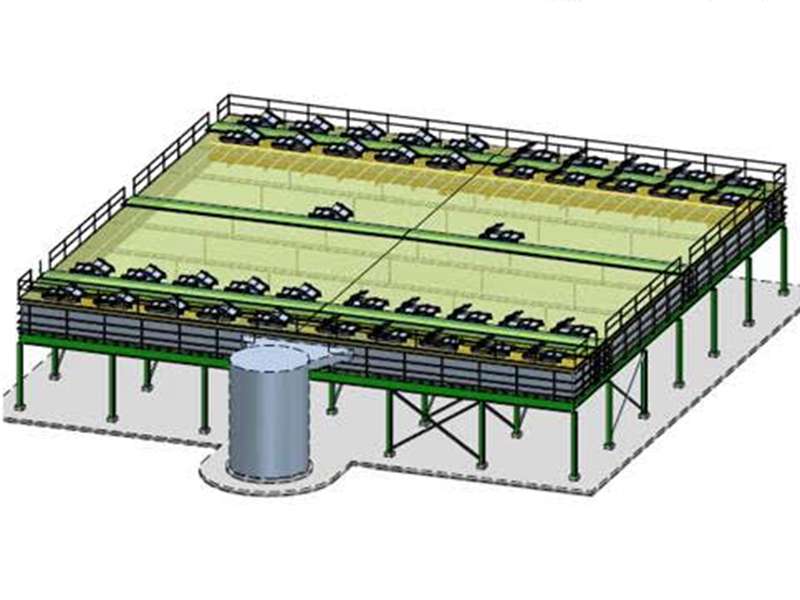
-
 Afrikaans
Afrikaans -
 Albanian
Albanian -
 Amharic
Amharic -
 Arabic
Arabic -
 Armenian
Armenian -
 Azerbaijani
Azerbaijani -
 Basque
Basque -
 Belarusian
Belarusian -
 Bengali
Bengali -
 Bosnian
Bosnian -
 Bulgarian
Bulgarian -
 Catalan
Catalan -
 Cebuano
Cebuano -
 China
China -
 China (Taiwan)
China (Taiwan) -
 Corsican
Corsican -
 Croatian
Croatian -
 Czech
Czech -
 Danish
Danish -
 Dutch
Dutch -
 English
English -
 Esperanto
Esperanto -
 Estonian
Estonian -
 Finnish
Finnish -
 French
French -
 Frisian
Frisian -
 Galician
Galician -
 Georgian
Georgian -
 German
German -
 Greek
Greek -
 Gujarati
Gujarati -
 Haitian Creole
Haitian Creole -
 hausa
hausa -
 hawaiian
hawaiian -
 Hebrew
Hebrew -
 Hindi
Hindi -
 Miao
Miao -
 Hungarian
Hungarian -
 Icelandic
Icelandic -
 igbo
igbo -
 Indonesian
Indonesian -
 irish
irish -
 Italian
Italian -
 Japanese
Japanese -
 Javanese
Javanese -
 Kannada
Kannada -
 kazakh
kazakh -
 Khmer
Khmer -
 Rwandese
Rwandese -
 Korean
Korean -
 Kurdish
Kurdish -
 Kyrgyz
Kyrgyz -
 Lao
Lao -
 Latin
Latin -
 Latvian
Latvian -
 Lithuanian
Lithuanian -
 Luxembourgish
Luxembourgish -
 Macedonian
Macedonian -
 Malgashi
Malgashi -
 Malay
Malay -
 Malayalam
Malayalam -
 Maltese
Maltese -
 Maori
Maori -
 Marathi
Marathi -
 Mongolian
Mongolian -
 Myanmar
Myanmar -
 Nepali
Nepali -
 Norwegian
Norwegian -
 Norwegian
Norwegian -
 Occitan
Occitan -
 Pashto
Pashto -
 Persian
Persian -
 Polish
Polish -
 Portuguese
Portuguese -
 Punjabi
Punjabi -
 Romanian
Romanian -
 Russian
Russian -
 Samoan
Samoan -
 Scottish Gaelic
Scottish Gaelic -
 Serbian
Serbian -
 Sesotho
Sesotho -
 Shona
Shona -
 Sindhi
Sindhi -
 Sinhala
Sinhala -
 Slovak
Slovak -
 Slovenian
Slovenian -
 Somali
Somali -
 Spanish
Spanish -
 Sundanese
Sundanese -
 Swahili
Swahili -
 Swedish
Swedish -
 Tagalog
Tagalog -
 Tajik
Tajik -
 Tamil
Tamil -
 Tatar
Tatar -
 Telugu
Telugu -
 Thai
Thai -
 Turkish
Turkish -
 Turkmen
Turkmen -
 Ukrainian
Ukrainian -
 Urdu
Urdu -
 Uighur
Uighur -
 Uzbek
Uzbek -
 Vietnamese
Vietnamese -
 Welsh
Welsh -
 Bantu
Bantu -
 Yiddish
Yiddish -
 Yoruba
Yoruba -
 Zulu
Zulu
fiberglass sewer pipe
Exploring the Advantages of Fiberglass Sewer Pipes
As urban infrastructure continues to evolve, the demand for durable and efficient sewage systems grows. Among the various materials used in the construction of sewer pipes, fiberglass has emerged as a leading choice for many municipalities and contractors. Fiberglass sewer pipes offer numerous advantages that make them a superior option compared to traditional materials such as concrete and PVC.
One of the most significant benefits of fiberglass sewer pipes is their exceptional durability. Constructed from a composite of glass fibers and resin, these pipes are resistant to various environmental factors, including corrosion, chemical exposure, and extreme temperatures. Unlike metal pipes that can rust or plastic pipes that may be susceptible to cracking, fiberglass maintains its structural integrity in harsh conditions. This durability translates into a longer lifespan for the sewer system, reducing the need for frequent repairs and replacements.
Another vital advantage of fiberglass is its lightweight nature. Fiberglass pipes are significantly lighter than their concrete counterparts, which makes transportation and installation easier and more cost-effective. The reduced weight also minimizes the need for heavy machinery during construction, which can further decrease labor costs and project timelines. As cities become more congested, the ease of installation becomes a considerable factor in the decision-making process for sewer projects.
fiberglass sewer pipe

Moreover, fiberglass sewer pipes exhibit excellent hydraulic performance. Their smooth interior surfaces reduce friction and enhance the flow of sewage, thereby improving the efficiency of the entire sewage system. This feature is particularly important in areas where the flow of wastewater is critical to preventing blockages or backups. The enhanced flow characteristics can lead to smaller pipe diameters being used without compromising the system's capacity, which can ultimately save costs in materials and installation.
Fiberglass pipes are also environmentally friendly. The materials used to produce fiberglass are often recyclable, and the longevity of these pipes reduces the environmental impact associated with frequent replacements. Additionally, their resistance to chemical leaching makes them a safer choice for protecting local water resources. As sustainability becomes a priority for many municipalities, adopting such eco-friendly materials is increasingly important.
Furthermore, fiberglass sewer pipes are less prone to infiltration and exfiltration, which is when groundwater seeps into sewer lines or when sewage leaks out. This issue can lead to significant environmental problems and increased treatment costs for wastewater. The tight seals of fiberglass pipes help mitigate these concerns, ensuring the system operates efficiently and safely.
In conclusion, fiberglass sewer pipes represent a modern solution to the challenges faced by traditional sewage systems. Their durability, lightweight nature, hydraulic efficiency, environmental benefits, and reduced infiltration make them an attractive option for municipalities looking to upgrade their infrastructure. As cities continue to grow and evolve, embracing innovative materials like fiberglass will be crucial in meeting the demands of modern sewage management. By investing in superior technologies, communities can safeguard their environments and ensure sustainable infrastructure for future generations.









